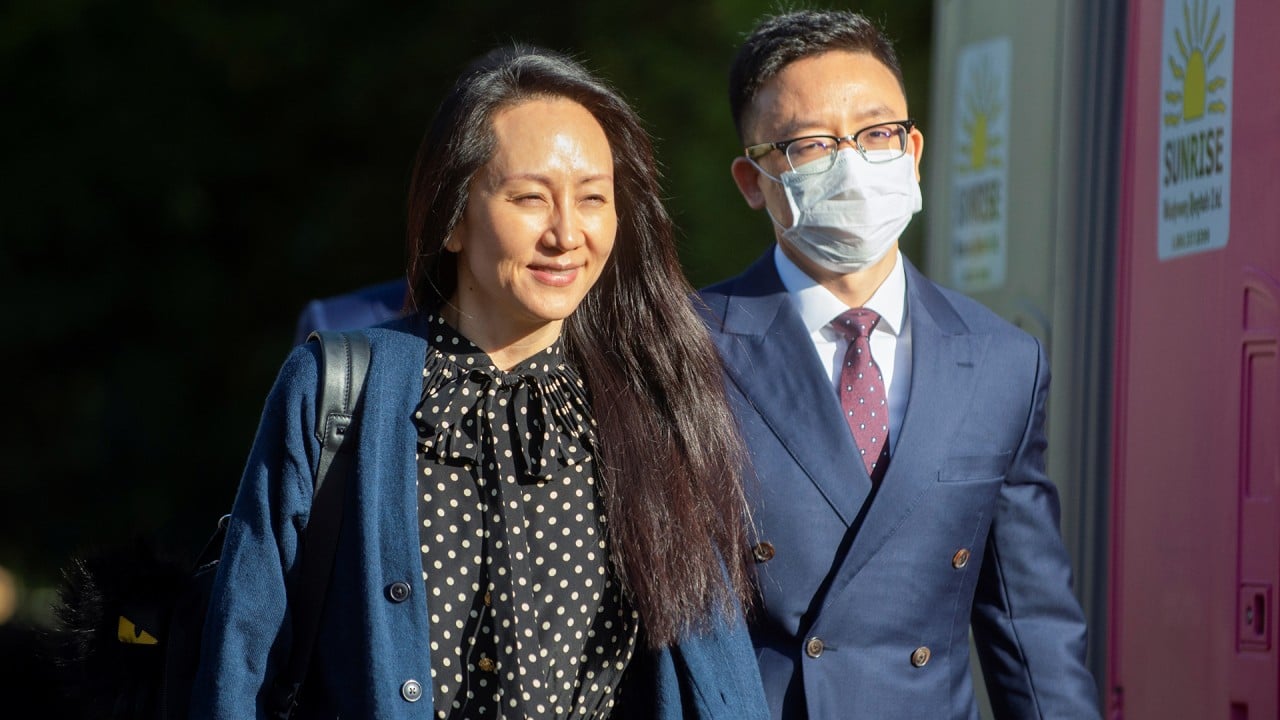
Chinese-led Asian Infrastructure Investment Bank says it found no evidence it is dominated by Communist Party
- The bank said it launched an internal review after former communications chief Bob Pickard quit, citing party influence and a ‘toxic culture’
- Pickard says the review is a ‘joke’ and said had left China in a hurry with the fate of the ‘two Michaels’ in mind
The bank said on Friday it had immediately launched a review after Bob Pickard, a Canadian national, publicly quit, saying the bank is “dominated by the Communist Party” and had a “toxic culture.”
The review, which took place between June 15 to June 26 and was led by AIIB’s general counsel, Alberto Ninio, a Brazilian national.
Ninio said the review found “no evidence to support or validate” allegations.
The bank said Pickard’s allegations are “incorrect and unsubstantiated” after a “comprehensive examination of documentary materials” and over 30 interviews with those in senior positions, including the bank’s president, senior management and staff.
It said there was no evidence that “staff membership of any political party from any country” had interfered with performance and there have never been any allegations of political influence over decision-making.
But Pickard dismissed the review as a “joke”, comparing it to a “kangaroo court”.
The bank was founded in 2016 in Beijing to finance railways and other infrastructure projects and is sometimes described as a Chinese alternative to the US-led World Bank and Asian Development Bank.
China is the bank’s largest donor and it has around 26.5 per cent of the voting power.
The AIIB has 106 members including most Asian countries and Canada, Russia, France and Britain. Japan and the US are not members, however.
The review – which the bank said was carried out by a “multinational and gender-balanced” group of 10 staffers – made suggestions about strengthening the hiring process for leadership positions.
These included “a mandatory comprehensive background check, reference check with at least the last five organisations, including leadership profiling assessment, and improving the” functioning of staff grievance mechanisms.”
Pickard told the Post: “They still think my allegations are baseless, and now they come out with a rubbish report that is a discreditable pack of lies and half-truths at best.
“[AIIB] is slimming me with low-character findings, like saying they would improve background checks for future hiring as if there’s something wrong with me for seeing them as they really are.”
He also stood by his allegation that the bank had “a culture of surveillance and suspicion and subservience to an overly powerful president’s office”.
The bank’s president, Jin Liqun, previously served as China’s vice-minister for finance, and in total eight of its 31 top leadership positions are held by Chinese nationals, including five who previously worked for the finance ministry.
They oversee important operations within the organisation, including policy, budget and sovereign and non-sovereign lending.
In response to questions about the review, the AIIB said “transparency is essential to the trust of our 106 members, our multilateral peers, our development partners, our community of civil society organizations, and the citizens we serve.”
Pickard’s resignation triggered a row between Canada and China, with the embassy in Ottawa saying the allegations were “purely sensational hype and outright lies.”
The foreign ministry in Beijing said the bank adhered to “principles of openness, meritocracy and transparency” when recruiting and managing staff.
But Canada’s deputy prime minister and finance minister Chrystia Freeland said the country is ceasing all “government-led activity” at AIIB and has started a review of its membership.
The Canadian foreign ministry has yet to respond to requests for comment on the report. The AIIB said in response to questions about Pickard’s criticisms that the review was “evidence-based” and it upheld “the highest standard of multilateral governance”.
Bart Edes, a professor of practice at McGill University and a distinguished fellow at the Asia Pacific Foundation of Canada, said Canada was unlikely to leave the AIIB under the current Liberal government and may use the incident to press the bank to pay more attention to its concerns “when the dust settles”.
“Prior to the unsubstantiated public claims of one disgruntled former staffer, Ottawa had a good relationship with AIIB,” he said. “At the same time, the Canadian Government had pressed the bank to promote debt transparency internationally, adopt robust labour standards, and increase its climate and biodiversity ambition.”
The review also said it had found “no evidence” that Pickard asked the AIIB to protect his safety during his employment or of any risk to his safety.
But Pickard said had been advised to leave the country “as soon as possible” and had even left his wallet and most of his possessions behind.
“I consulted my government on my concerns. We Canadians were deeply affected by the thuggish kidnapping of the two Michaels. I didn’t want to stick around and find out,” Pickard added.


